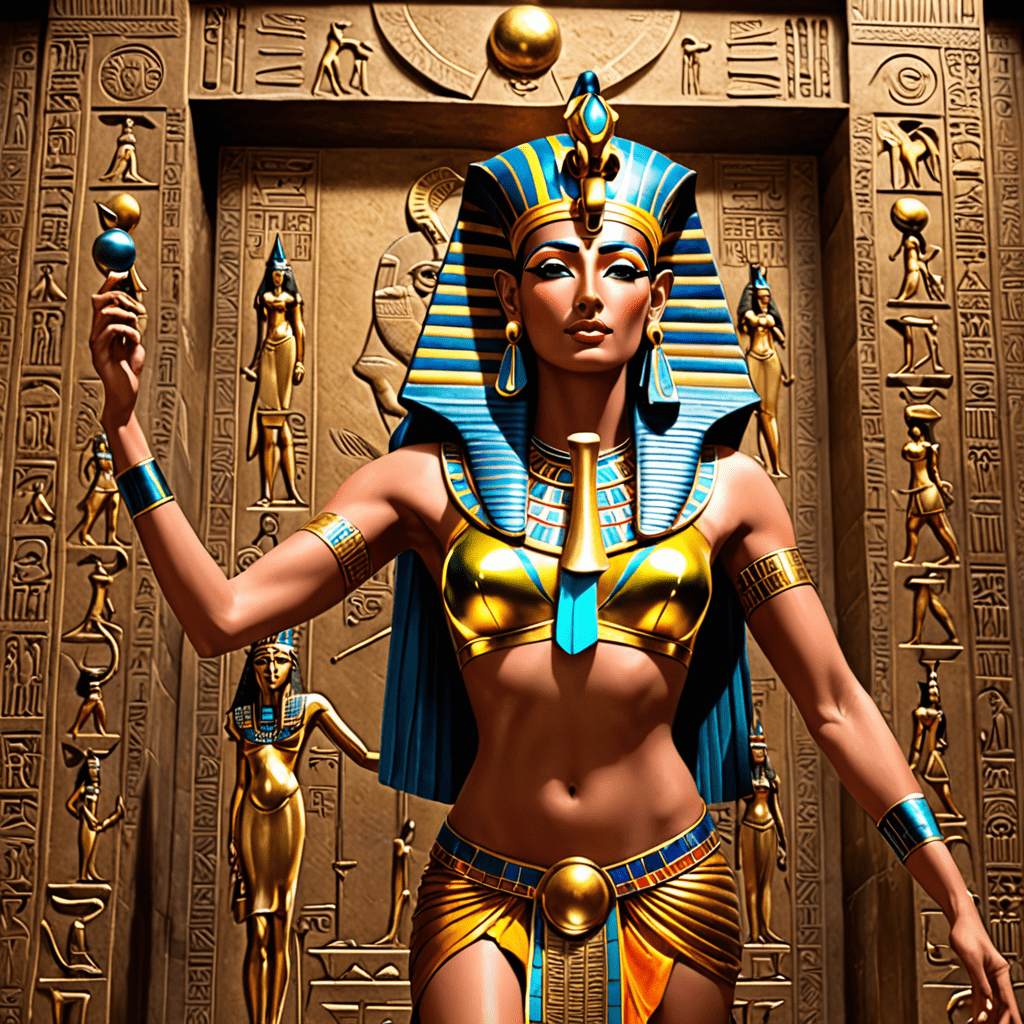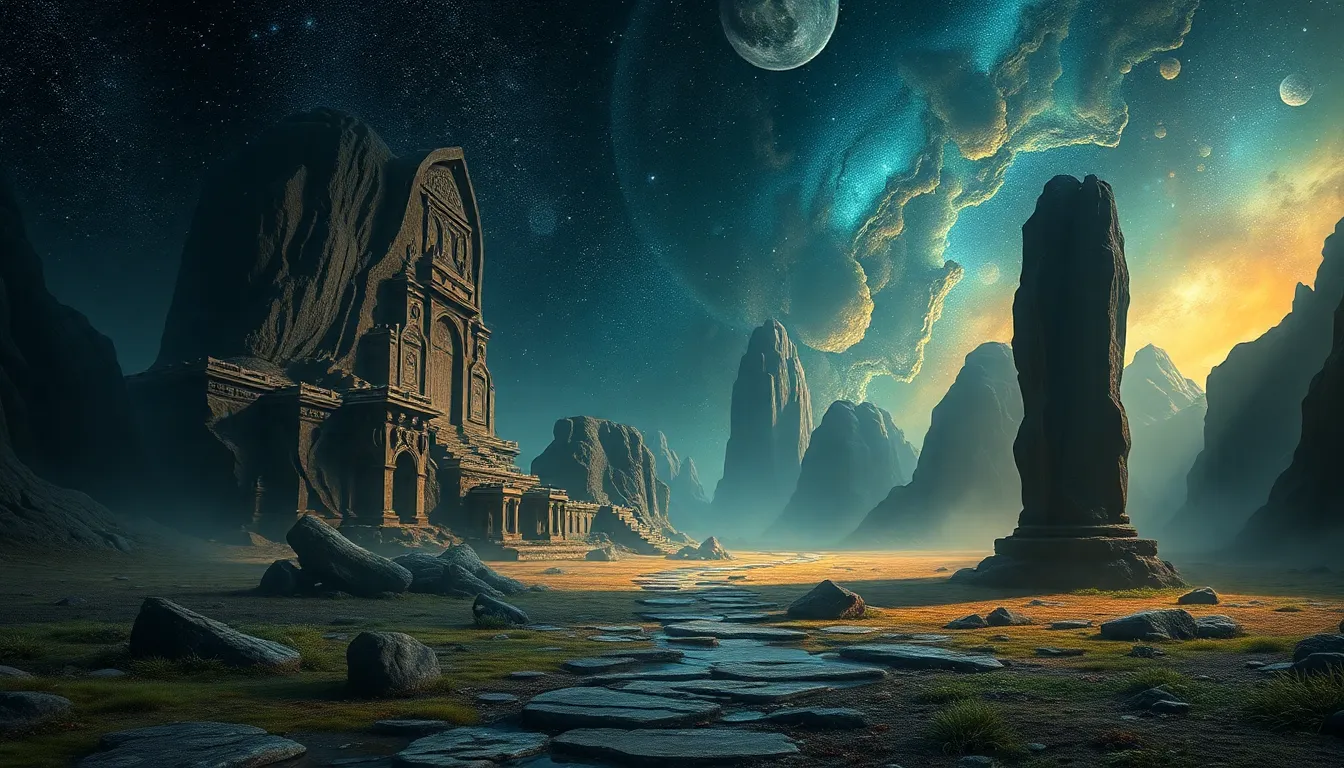1. The Power of Music in Myth and Legend
Music has always played a vital role in human societies, serving as a form of entertainment, communication, and expression. In ancient Persia, music held an even more profound significance, being deeply intertwined with the country's mythology and legends. It was believed to possess a mystical power that could influence both the human and divine realms.
Within Persian mythology, music is often depicted as a divine gift bestowed upon humanity by the gods. The legendary musician Barbad was said to have received his musical abilities from the angels. His enchanting melodies were believed to have the power to move mountains, calm storms, and even bring the dead back to life.
Music was also seen as a bridge between the physical and spiritual worlds. It was used in religious rituals to invoke the gods, appease spirits, and commune with the divine. In the epic poem "Shahnameh," the hero Rostam uses his musical talents to summon Simorgh, a mythical bird who aids him in his battles.
2. Music as a Bridge Between Worlds
The power of music to transcend the boundaries of reality is further emphasized in the myth of Ormazd and Ahriman. Ormazd, the god of good, created the world through the power of his celestial music, while Ahriman, the god of evil, sought to disrupt the harmony with his discordant sounds. This cosmic struggle between order and chaos is reflected in the music of ancient Persia, which often combined harmonious melodies with dissonant elements.
The use of music as a bridge between worlds is also evident in the legend of Jamshid, the fourth king of the world. Jamshid is credited with inventing music and using its power to control the elements and bring prosperity to his kingdom. He is also said to have ascended to heaven on a throne carried by mythical birds, accompanied by celestial musicians.
3. The Mythical Instruments of Persia
Persian mythology is replete with tales of magical and enchanted musical instruments. The most famous of these is the rud, a stringed instrument said to have been invented by the prophet Zoroaster. The rud was believed to possess the power to heal the sick, drive away evil spirits, and inspire divine visions.
Another legendary instrument is the chang, a type of harp associated with love, beauty, and joy. The chang was often played by celestial beings and was said to have the power to transport listeners to otherworldly realms. The santur, a hammered dulcimer, was believed to be the instrument of the gods, capable of producing both heavenly and infernal sounds.
4. Musicians as Heroes and Villains
In Persian mythology, musicians often play heroic roles, using their musical skills to overcome challenges, vanquish enemies, and restore harmony to the world. In the epic poem "Rostam and Sohrab," the hero Rostam uses his mastery of the rud to lull his son Sohrab to sleep, preventing a tragic battle between them.
On the other hand, music can also be used for nefarious purposes in Persian myths. In the story of Zal and Rudabeh, the evil sorcerer Aghrirat uses enchanting melodies to seduce Zal's father and prevent the birth of the legendary hero. Similarly, in the myth of Salar and Gurdafarid, the sorceress Gurdafarid uses her musical talents to迷惑 Salar and lure him into her trap.
5. The Role of Music in Religious Rituals
Music played a central role in religious rituals and ceremonies in ancient Persia. It was used to invoke the gods, appease spirits, and create a sacred atmosphere. In Zoroastrianism, the primary religion of Persia, music was an integral part of worship. The sacred texts, known as the Gathas, were sung in a rhythmic and melodic style. It was believed that the power of music could purify the soul, dispel evil spirits, and bring worshippers closer to the divine.
Music was also important in other religious traditions practiced in ancient Persia, such as Mithraism and Manichaeism. In Mithraism, music was used in initiation ceremonies and to accompany hymns and prayers. In Manichaeism, music was seen as a means of attaining spiritual enlightenment.
6. Music and the Afterlife
In Persian mythology, the afterlife is often depicted as a place where music plays a prominent role. The righteous souls are said to dwell in a paradise where they are entertained by celestial musicians. In the epic poem "Shahnameh," the hero Rostam is granted a vision of paradise before his death, where he sees angels playing heavenly music.
Music is also associated with the judgment of the dead in Persian mythology. The angel Mithra is said to weigh the souls of the deceased on a scale, with music playing in the background. The balance of the scales determines whether the soul is sent to heaven or hell.
7. The Influence of Music on Storytelling
Music has had a profound influence on storytelling in Persian culture. Many myths and legends have been passed down through generations through song and music. The epic poem "Shahnameh" is a prime example of this, as it is filled with musical interludes and verses that are meant to be sung.
Music also helps to create a sense of atmosphere and emotion in storytelling. The use of mournful melodies can evoke feelings of sadness and loss, while upbeat rhythms can create a sense of excitement and joy. In Persian mythology, music is often used to heighten the emotional impact of the stories.
8. Symbolic Meanings of Music in Persian Mythology
Music can symbolize a variety of things in Persian mythology. It can represent harmony, order, and the divine. It can also represent chaos, discord, and the demonic. The specific meaning of music often depends on the context in which it is used.
For example, the music of the celestial spheres is often associated with harmony and order, while the music of demons is often associated with chaos and discord. The use of music in Persian mythology reflects the complex and interconnected nature of the world.
9. Music and the Supernatural
Music is often associated with the supernatural in Persian mythology. It is believed that music can have a powerful effect on both the human and spirit worlds. Music can be used to invoke spirits, cast spells, and even control the elements.
There are many stories in Persian mythology about the supernatural powers of music. In the story of Zal and Rudabeh, the sorceress Rudabeh uses music to seduce Zal's father and prevent the birth of the legendary hero. In the myth of Salar and Gurdafarid, the sorceress Gurdafarid uses music to迷惑 Salar and lure him into her trap.
10. The Legacy of Music in Persian Culture
The tradition of music in Persian mythology has had a lasting impact on Persian culture. Music continues to play an important role in religious ceremonies, storytelling, and everyday life. The rich musical heritage of Persia is a testament to the power of music to inspire, entertain, and connect people with their cultural heritage.
FAQ
What are some of the most famous Persian myths about music?
Some of the most famous Persian myths about music include the story of Barbad, the musician who received his abilities from the angels; the myth of Ormazd and Ahriman, in which music is used to represent the battle between good and evil; and the story of Jamshid, the king who invented music and used it to control the elements.
What are some of the most common themes found in Persian musical myths?
Some of the most common themes found in Persian musical myths include the power of music to transcend the boundaries of reality, the use of music as a bridge between the physical and spiritual worlds, and the association of music with both the divine and the demonic.
What is the significance of music in Persian culture?
Music has played a vital role in Persian culture for centuries. It is used in religious ceremonies, storytelling, and everyday life. The rich musical heritage of Persia is a testament to the power of music to inspire, entertain, and connect people with their cultural heritage.



